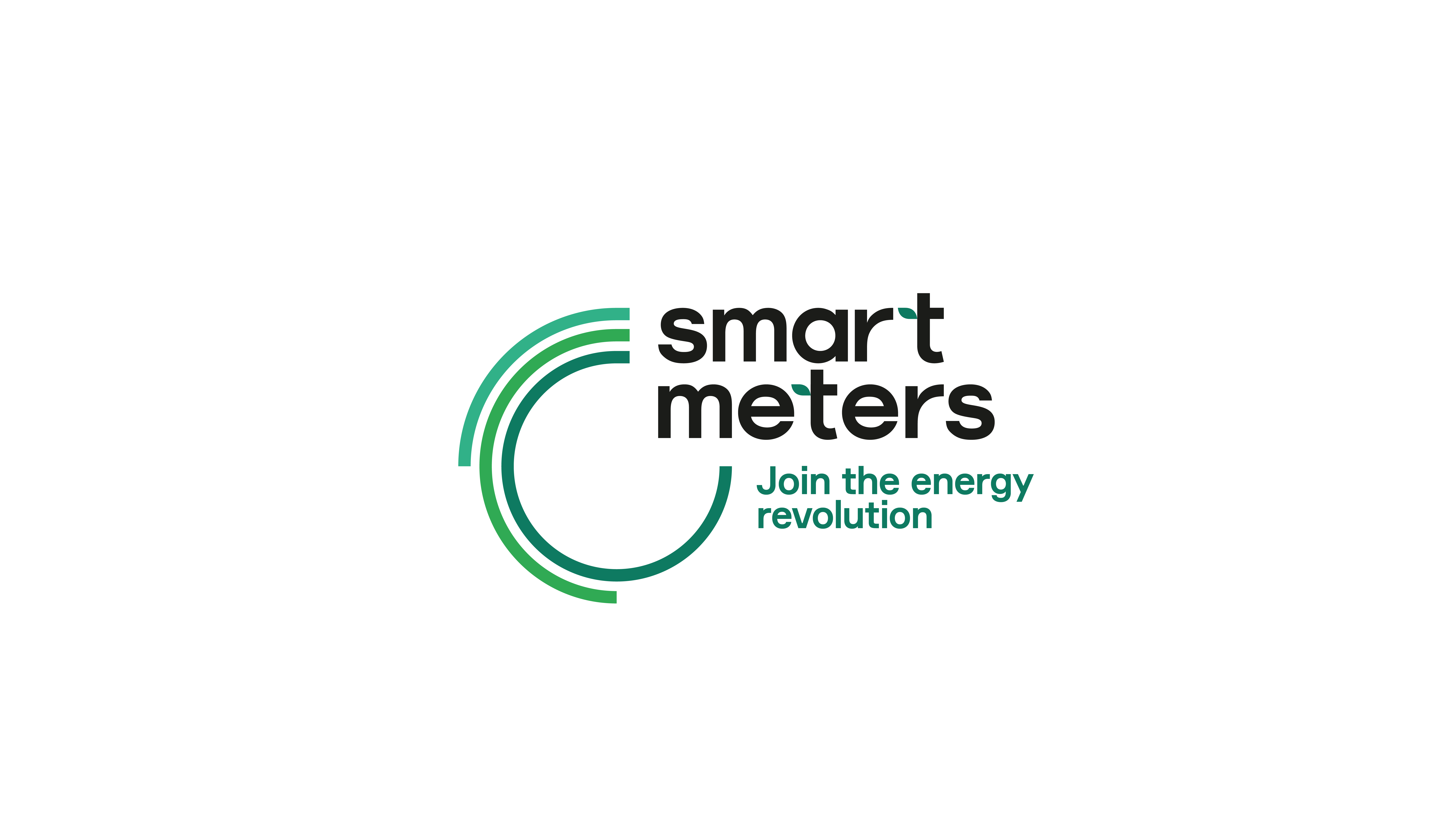
After the recent Cop26 summit in Glasgow, it’s clearer than ever how important it is for the UK to stand by its commitment to achieve net-zero emissions by 2050 as part of the global commitment to limit temperature rises to 1.5°C above pre-industrial levels.
A big part of the solution to climate change lies in decarbonising our electricity grid, moving rapidly from burning carbon-based resources like coal and gas towards a system of decentralised generation using renewables such as solar and wind. But in order to do that most effectively we need to create a modern, efficient smart energy system fit for the 21st century. That system will require smart meters in every home, business and public building.

Most people think of smart meters as an easy way of keeping track of your energy use. And it’s true – if you can see how much power you’re using at any given time, as well as how much it’s costing, you’re more likely to try to make simple reductions and adaptations to bring your bills down (by replacing fluorescent bulbs with LED lights, for example). In that way, smart meters save money for individual energy consumers while also helping reduce emissions. But they do much more than that.
As well as helping people reduce their bills and usage – and removing the need to provide readings every month – smart meters send anonymised data to suppliers, giving them up-to-date, near-real-time information on what’s happening across the grid. That means they can build up a more accurate picture of where and when energy is needed, and make predictions about supply and demand, reducing waste and optimising the amount of power we can get from renewable sources.
By 2030, the UK government aims to have ended the sale of new petrol and diesel cars. Once electric vehicles become more widespread, smart meters will enable people and businesses to sign up to time-of-use tariffs, meaning they can automatically charge their car batteries at times when energy is less in demand and therefore at its cheapest. Customers with two-way charging points will also be able to sell energy from their cars back to the grid at times of high demand, powering the electric vehicle revolution by making it much more affordable and efficient.
On our road to net zero, every person, company and organisation will have to play their part. But it’s clear that as part of that journey, smart energy will be key.
Join the energy revolution and contact your energy supplier to request a smart meter. For more information visit: https://www.smartenergygb.org/




